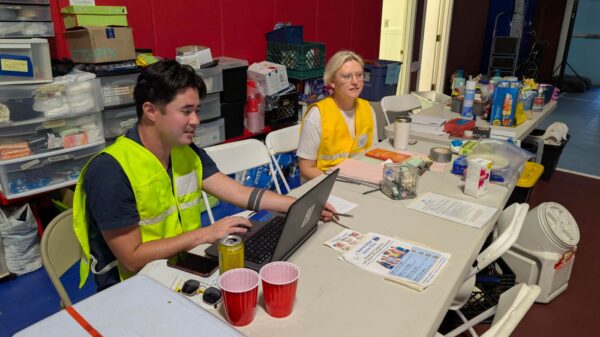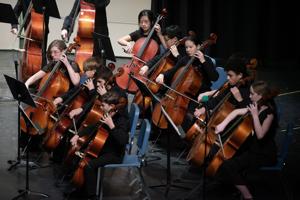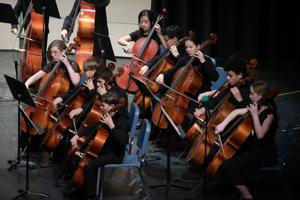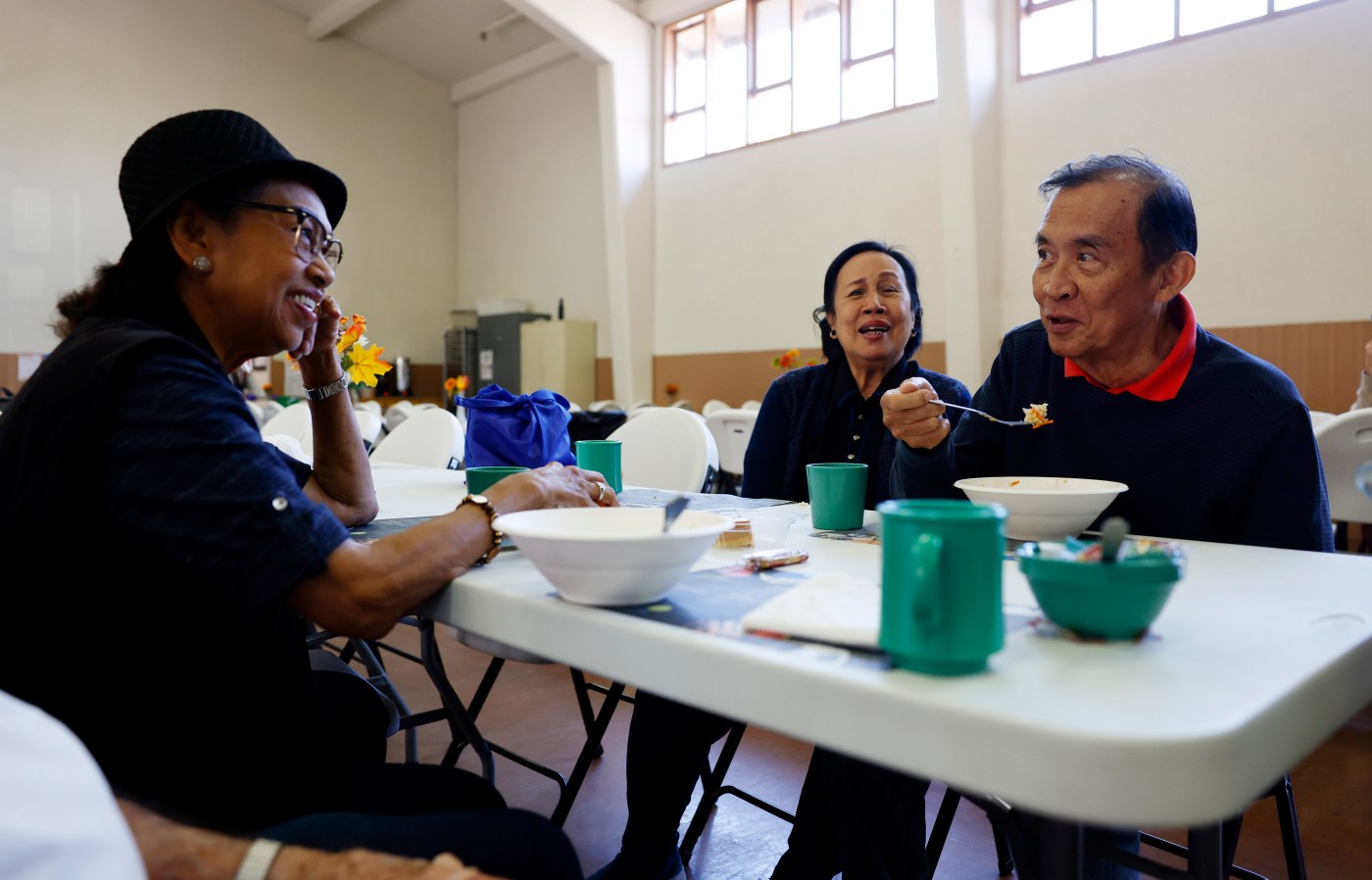Funding cuts at the local government level have jeopardized essential services for seniors in the Bay Area, leading to reduced meal programs and social activities. Several senior centers in the region, including the Downtown Oakland Senior Center, have already begun implementing significant operational changes due to budgetary constraints.
In April, the Downtown Oakland Senior Center reduced its operating hours by two per day and eliminated services on Fridays. This decision has deeply affected regular attendees, such as Barbara Griffin, an 81-year-old retiree who has frequented the center for two decades. Griffin expressed frustration at having to choose between her beloved aerobic classes, Zumba and “Keep it Moving,” stating, “I feel like some people would rather have us sitting on a park bench feeding pigeons.”
Similar sentiments echo in Sunnyvale, where the Sunnyvale Senior Nutrition Program is struggling to meet the increasing demand for meals. The program, which serves healthy meals to individuals aged 60 and older, has had to turn away clients as funding shortages become more severe. Ronald Nathan, chair of the program’s volunteer committee, noted, “The numbers are climbing. At this rate, without systems to control overages, we could literally run out of food.”
Budget Challenges and Rising Demand
The challenges faced by these senior centers highlight a broader issue of government budget deficits in the Bay Area. Recently, Contra Costa County eliminated a contract worth $277,000 with Meals on Wheels Diablo Region, ending crucial weekly deliveries to hundreds of seniors. According to the Bay Area Census, seniors are now the fastest-growing demographic in the region, with approximately 1.2 million residents over the age of 65. This rising population is expected to further strain already limited resources.
Bright orange flyers in the Downtown Oakland Senior Center plead for support, with the message “Save our Senior Centers” prominently displayed. For Barbara Tengeri, 83, the center has been a sanctuary for 23 years, where she first learned about it through her late mother. Tengeri expressed concern over the recent changes, stating that the center represents more than routine; it is a legacy tied to her family.
The financial outlook for Oakland’s senior centers appears grim, with budgetary shortfalls expected to continue through 2030, according to the city’s five-year forecast. Staffing cuts have also become common, leaving these centers reliant on part-time volunteers. Community members fear that ongoing staffing shortages could undermine the supportive atmosphere that these centers provide.
The Importance of Community Connections
Regulars at the Downtown Oakland Senior Center emphasize the importance of social interaction, particularly during challenging times. Friederike Droegemueller, 65, a yoga enthusiast, expressed concern for her friends at the center. “A friend I’ve made at this center is sick right now, and I’ve seen her deteriorate because of the lack of social contact,” she said. “We need our centers.”
The sentiment is echoed by participants in the Sunnyvale Senior Nutrition Program, where community bonds are formed over shared meals. Ginnie Reyes, a regular at the program, highlighted the importance of these social connections, stating that further cuts would be “devastating for a lot of seniors.”
Nathan noted that the program is currently funded for up to 150 meals daily, but the kitchen has been serving closer to 200, often relying on the church to absorb the excess. Yet, as resources dwindle, the church’s capacity to sustain this support is limited. A report from Sourcewise, a social services agency in Santa Clara County, revealed a 10% increase in Meals on Wheels recipients over the past year, indicating a growing reliance on local agencies to provide food assistance.
Nathan expressed the emotional toll of having to turn away seniors in need. “If I had a chance to say anything to a county person right now, I would say think about the seniors because the value of this program is beyond food,” he remarked.
As the Bay Area grapples with rising costs and dwindling resources, the future of senior services hangs in the balance. The voices of seniors like Griffin, Tengeri, and others underscore the urgent need for support, highlighting the importance of community, nourishment, and connection during their golden years.








































































